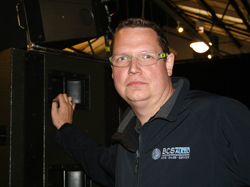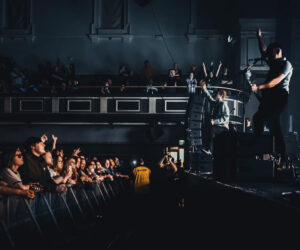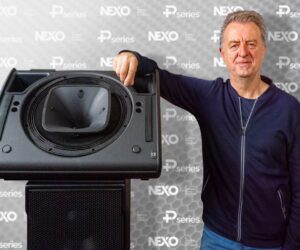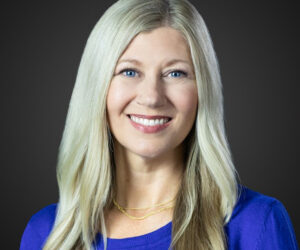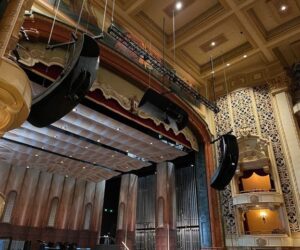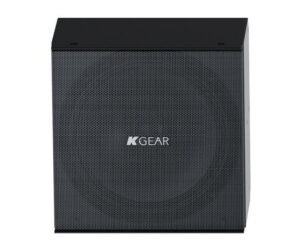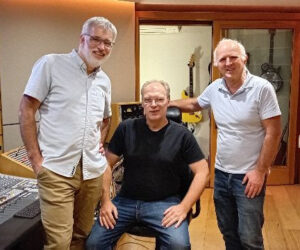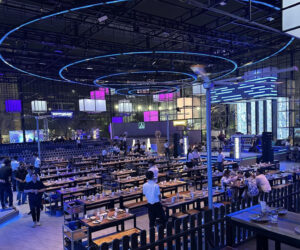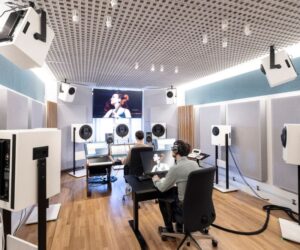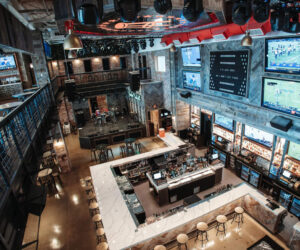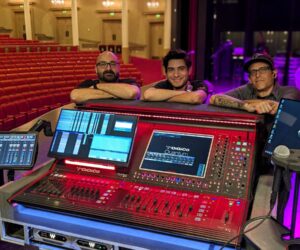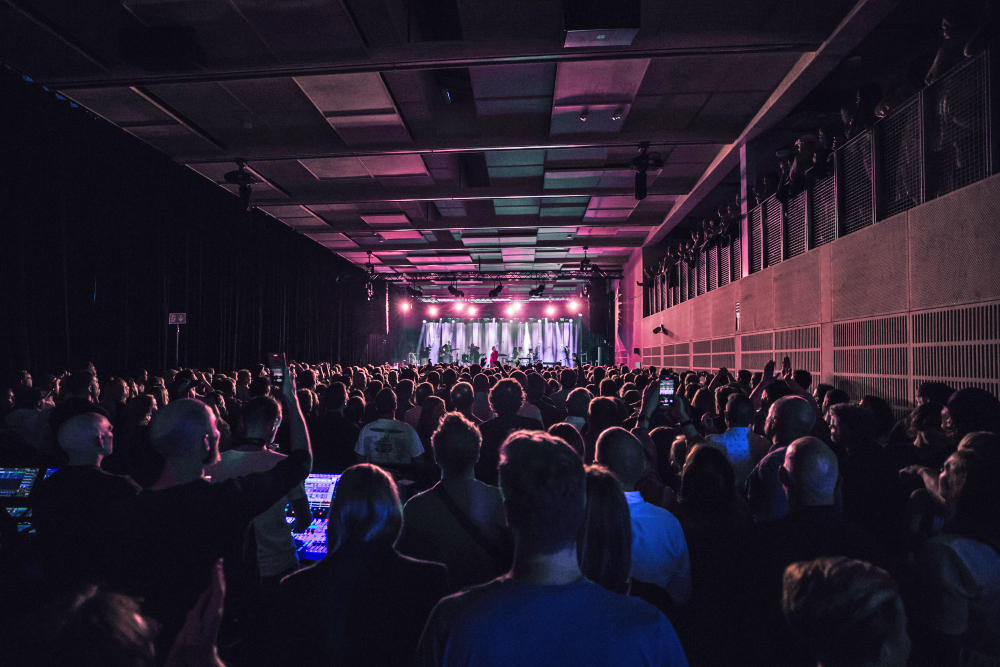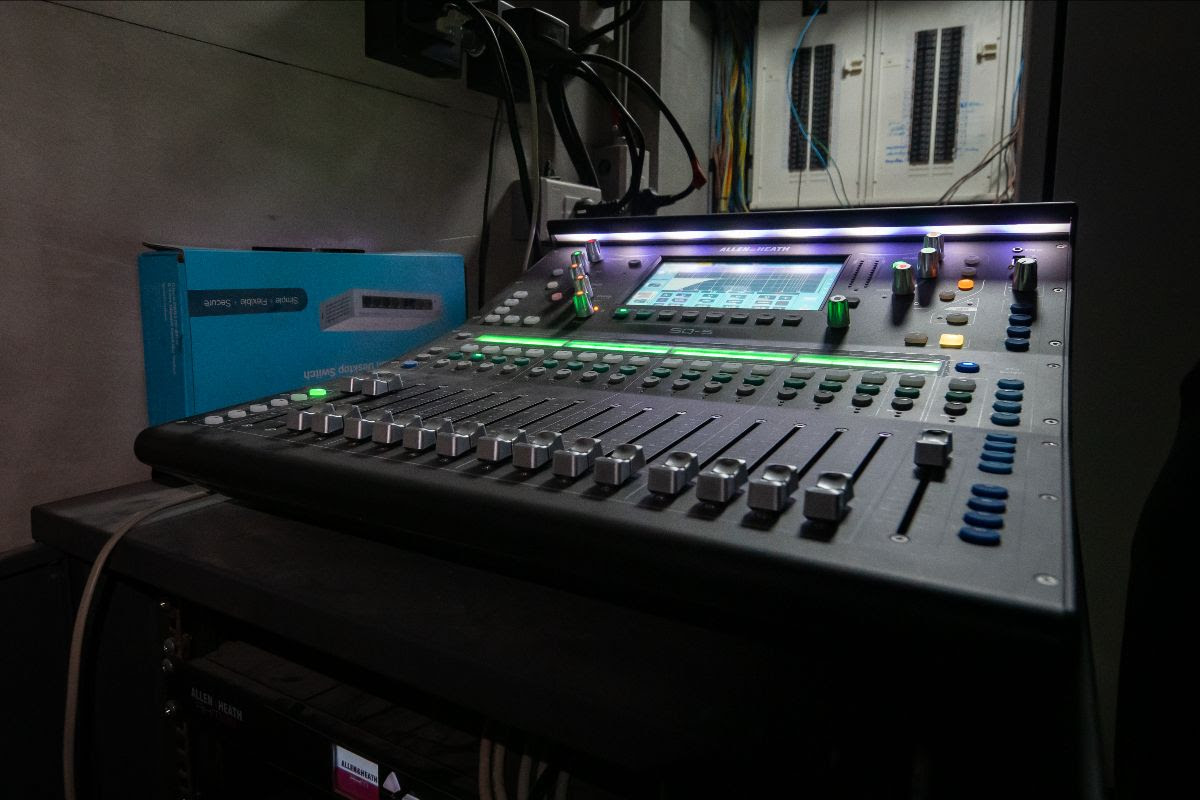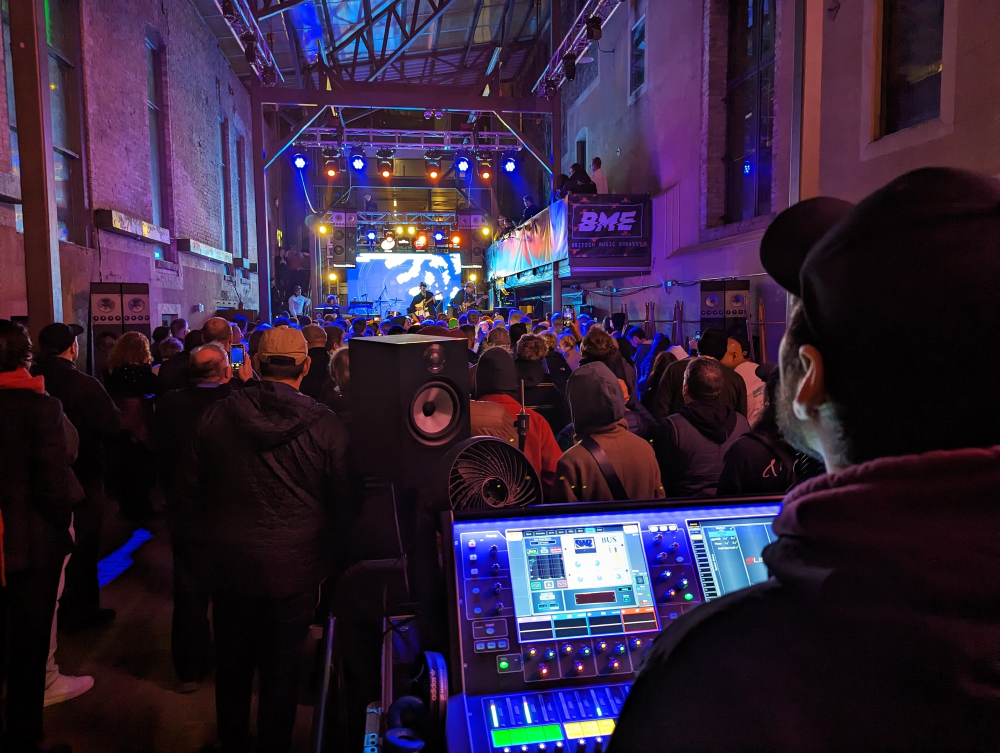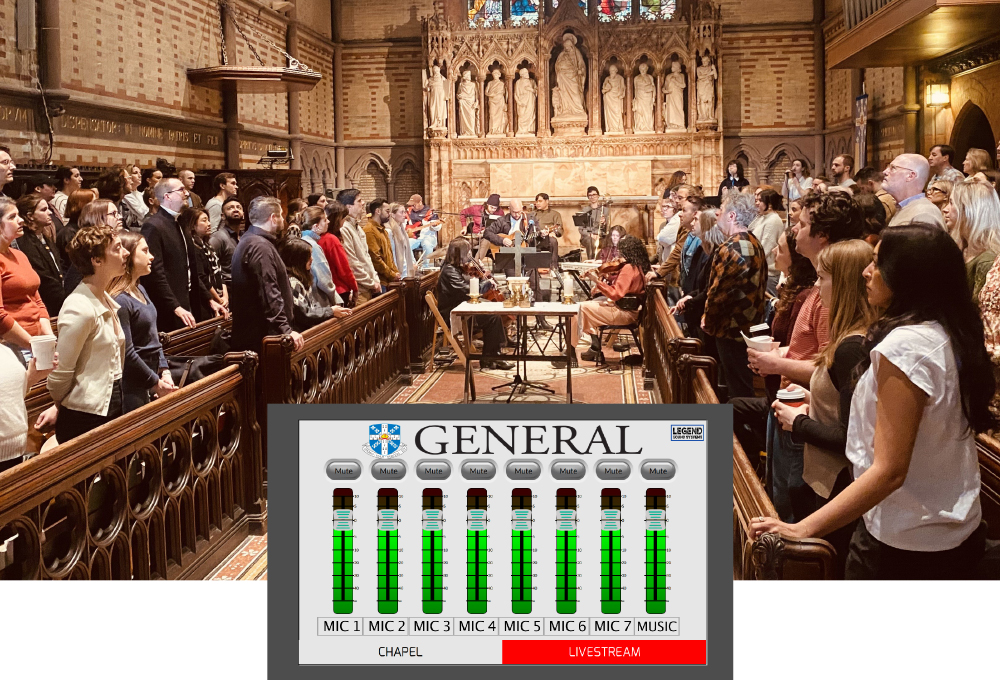Not many 16-year-olds are lucky enough to land their first job as a system tech on a Bon Jovi tour; however, Graham Burton was no ordinary teenager.
Technically, in fact, his pro audio career actually began some four years earlier, when he landed a work experience role with local UK firm Richard Barker PA Services.
That was 1989, and by the turn of the century, the British-born Burton had toured internationally as a monitor engineer, front of house engineer and tour manager with the likes of Eric Clapton, The Stylistics, and Billy Ocean.
But by 2005, he found himself drawn back to his system tech roots, a role he currently holds with South England-based rental house BCS Audio. Why?
“Simple,” he notes. “I realized that it was fast becoming the most important job in live sound.”
I recently caught up with him to find out more.
Paul Watson: So, system teching. Haven’t you ‘been there, done that’?
Graham Burton: [Laughs] First, it’s a very different beast now compared to back then. When I was out with Bon Jovi. I was somewhat down the food chain – you could call me a ‘mic tech,’ I suppose, though I learned a lot about the role of a main system tech too. I was putting mics on stands and cabling them up; it wasn’t until I started working for (hire companies) Soundcheck and Eurohire that I started working with speakers, really.
And that was shortly after the Bon Jovi stint, right?
Yeah, that’s right. Those two companies got me right into live PA systems as well as disco systems; it could be anything from a pair of Bose 802s on sticks to a truck full of Renkus-Heinz kit that I’d be dealing with.
What you have to remember is that we didn’t have line arrays back then, so system teching was often a case of deploying lots of big boxes, trying to point them in the right direction, and hoping for the best, really.
As simple as that, then. Or not, so to speak…
Indeed! You’d frequently end up putting a lot more PA into a venue than was necessary, just to get coverage, because the horizontal dispersion wasn’t as wide as it is now with line arrays. Then you’d end up with cone filtering and all kinds of things happening within the actual speaker boxes, which could make things tricky.
We would lug around our analog graphics (EQs), giant racks of comps and gates, and huge 48-channel analog consoles with at least 16 aux outs on them, like a Midas (Heritage) 2000, for example, and make our tweaks. It was cumbersome, and it could get pretty stressful.
We’re talking mid-1990s here, right?
Yes, this was also the time I started doing monitors for The Stylistics. Monitors, in my view, is the best place to start, because you learn your frequencies a lot quicker and the band is telling you what they want, whereas when you’re at FOH you’re really trying to interpret what the audience wants.
We had a 13-way mix on that stage, then 20 wedges with some single mixes, some paired. It was a big band, so I had to deal with all sorts of drums, percussion, horns, and keys – there was quite a lot going on there, and a lot of musicians to try and keep your eyes on.
Over the next decade, you built a solid reputation as a FOH guy and worked on some big tours, as well as many of the major UK festivals. What made you ditch the white gloves and relative glamour, dare I ask, to come back to the tricky world of system tech?
It was interesting. I was 28, so that’s eight years ago, and I’d broken my leg while riding my motorbike, which had put me out of work. This just so happened to coincide with the time when things were really changing in PA technology, and I was taking a very keen interest in loudspeakers.
When I was in plaster, all the bands I’d been working with had to hire other people because I couldn’t do the job, and by the time I got the cast off, it was festival season and they understandably didn’t want to change their engineers.
Then as luck would have it, I got a call from BCS Audio asking whether I was free to work a show. Low and behold, it was system teching! This is when I had my ‘lightbulb moment,’ where I thought “hang on, there’s a hell of a lot more to this role now, and I can probably make more money doing it.” And sure enough, I got the bug again for setting up systems, and found that I got so much more out of it than engineering.
Because it was becoming a true art form?
Precisely, and the role continues to evolve. The really fascinating thing for me was that instead of thinking two-dimensionally, as you would do with the old boxes, I found myself thinking horizontally and vertically as well as left and right, working out how I’d get my PA coverage onto the audience without taking their attention away from where the performance is happening.


